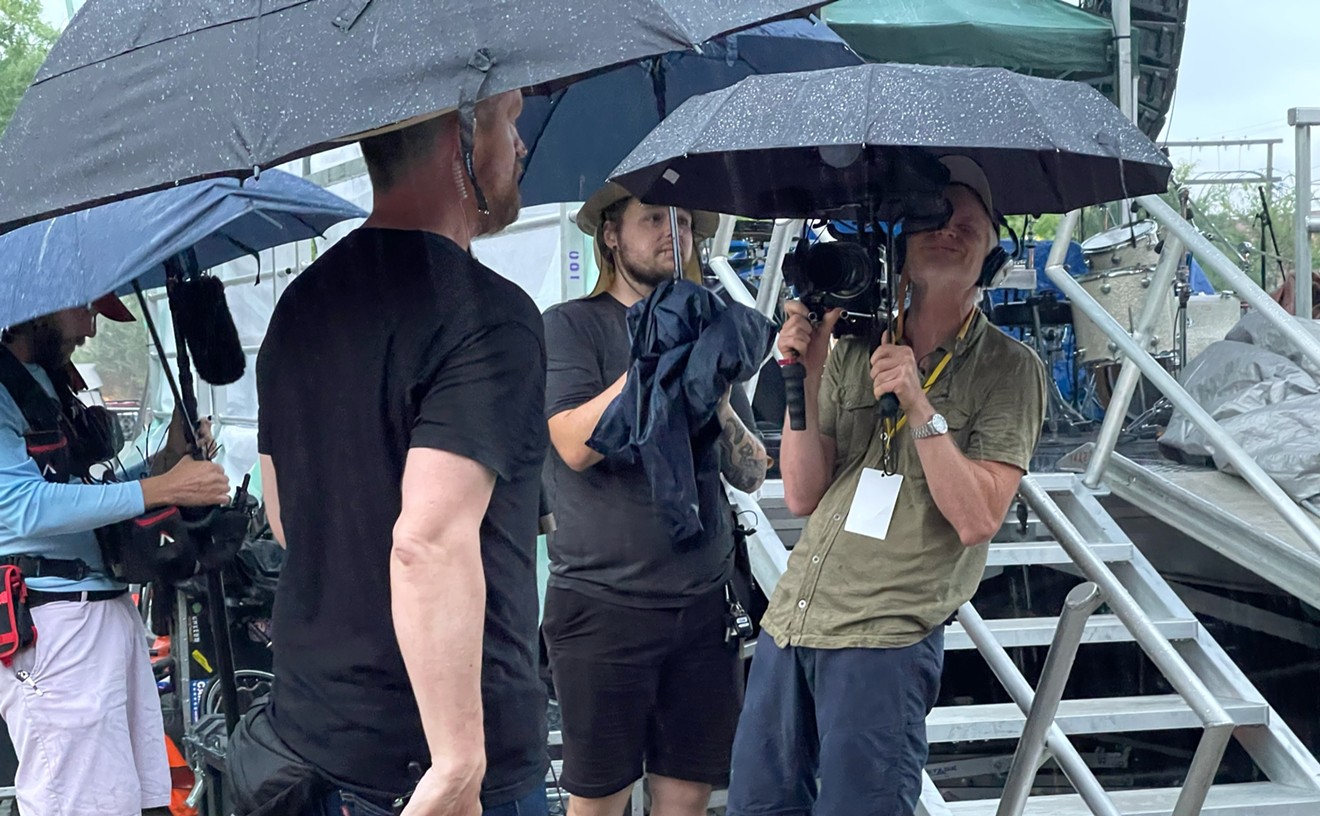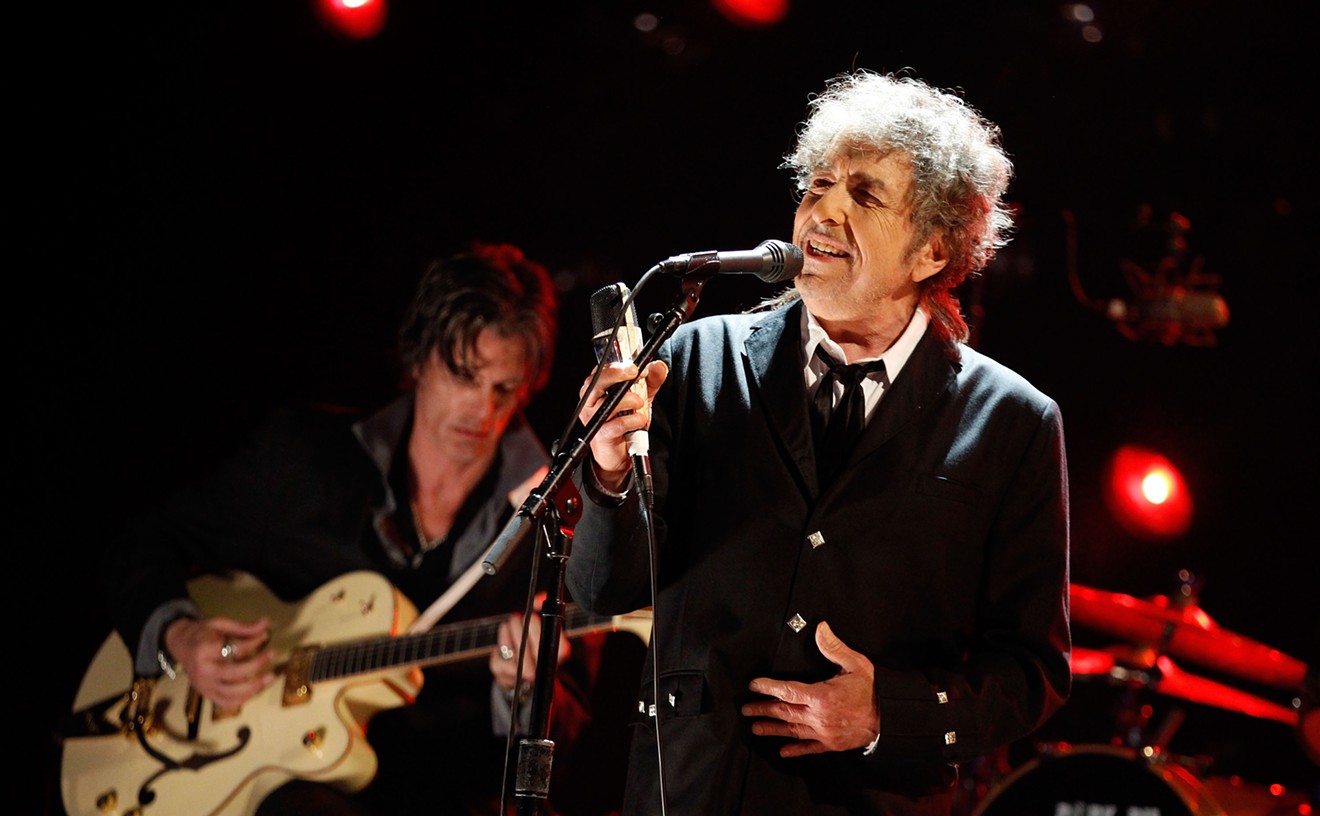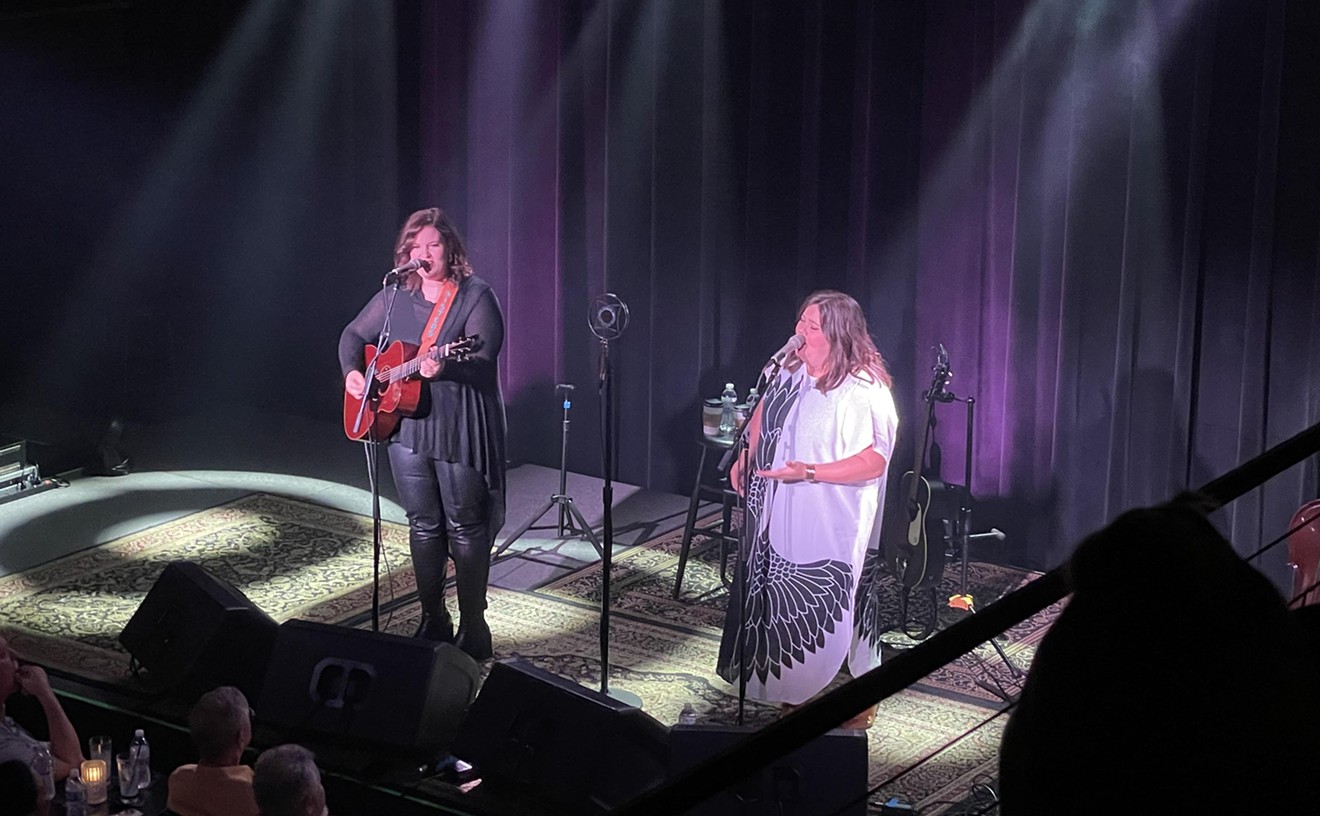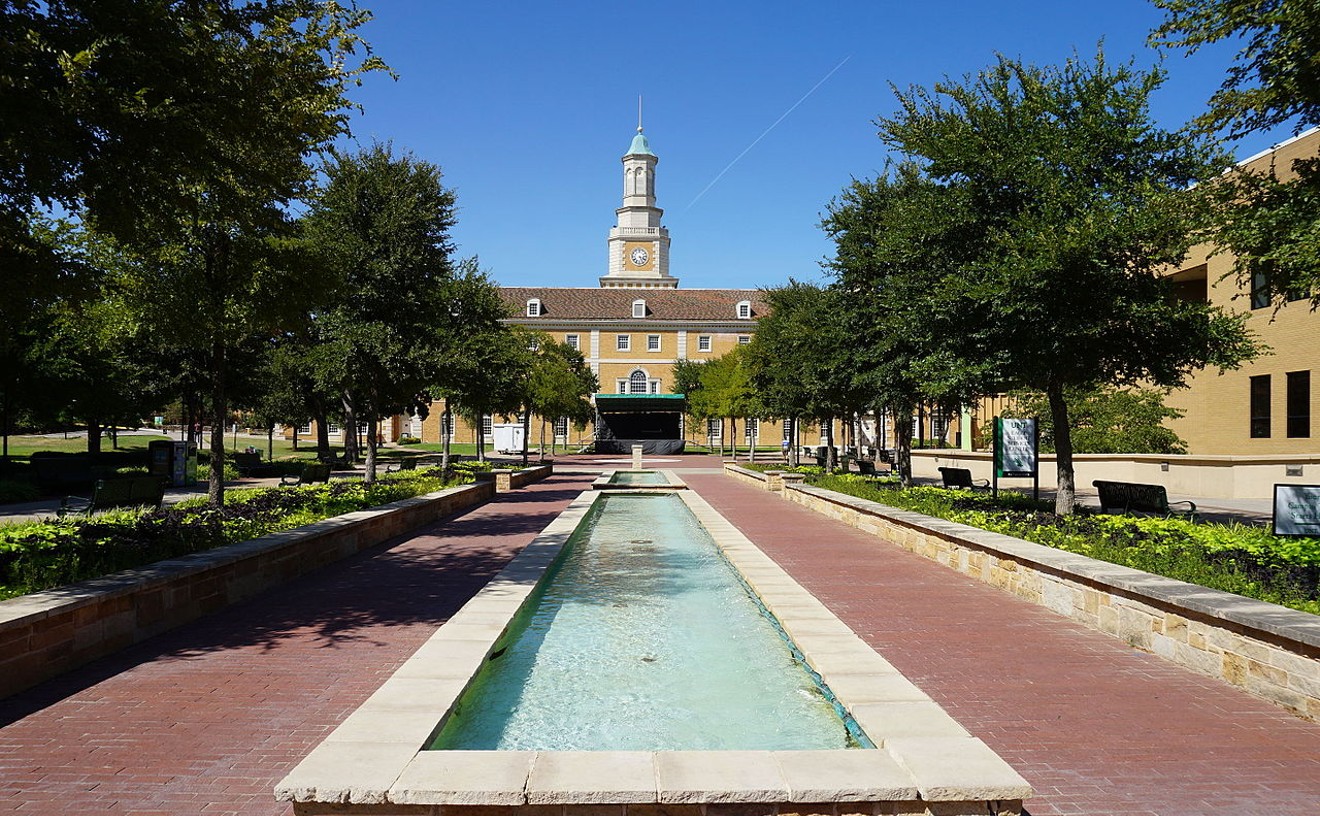It's been two years since Elvis Perkins burst onto the scene with his melancholic solo debut Ash Wednesday, a poignant and at times grief-stricken homage to his photographer mother, Berry, who died in the September 11 attacks, and the AIDS-related death of his father, Psycho actor Anthony Perkins, nine years earlier. His latest album, 2009's Elvis Perkins in Dearland, is not so much a follow-up, though, as it is a coming-out party for the talented trio of backing musicians responsible for bringing Ash Wednesday to life on the road the last couple of years.
This cast of characters—Brigham Brough (upright bass, saxophone, vocals), Wyndham Boylan-Garnett (pump organ, guitar, harmonium, trombone, vocals) and Nick Kinsey (drums, percussion, banjo, clarinet, vocals)—had the luxury of honing the new songs on the road and thus were able to capture more of the spirit of a live performance while recording the new album. It's a process Perkins likens to "four witches stirring a cauldron."
"[With four members] you've got a different thing: It's four times the intensity," Perkins says. "If each person is a magnifying glass and each person is trying to focus the power of the sun into making some sort of collective fire, I guess you can get to more of a smoldering event sooner."
The chemistry responsible for that collective fire is evident in songs like "Doomsday," which uses a carnival of instrumentation to show off a newfound energy in the band. It also sets the disc apart from the previous album.
"Each member plays a horn of some sort or the other, so we had, wherever we wanted it, a horn section," Perkins says. "I think the presence of the horns on multiple tracks contributes to the sort of parade-type celebratory spirit, which I think is one of the things that differentiates this [album] from the last."
That's not to say that fans of Perkins' previous work won't relate to the latest album. Elvis Perkins in Dearland, which has also become the name of the touring outfit, finds Elvis touching on familiar subjects, such as sleeping, dreaming, death and the afterlife.
"There's something appealing and attractive about the kind of raw wilderness of dreams, which has long-captivated painters, moviemakers and songwriters, and I'm sure forever will," Perkins says.
One might assume, though, that the person responsible for such grim and at times sorrowful lyricism is likely burdened by a deep-seated depression or, at the very least, finds himself emotionally drained after singing for hours about such personal tragedies. But Perkins assures that neither is the case.
"They're all more sort of vehicles of empowerment to me than they are vehicles of self-pity or anything too cathartic," he says. "It's sort of a retelling of life in a way so that it feels good. The songs don't take anything out of me; they give back to me and hopefully to others."
This new perspective applies to Perkins' personal life as well. As challenging as it is for a child to grow up bearing the burdens and expectations of such a legendary first name, Elvis Perkins is now finally gaining an acceptance for his name.
"Elvis Presley was quite a force on planet earth, and it's something to bear that moniker," Perkins says. "But, at this point, I feel pretty good about it. All names are sort of ridiculous, and we all take them a little more seriously than we should. So maybe this is, in fact, a gift to be Elvis—to be able to see through it and realize that I'm not 'Elvis,' and whatever your name is, you are not that."










